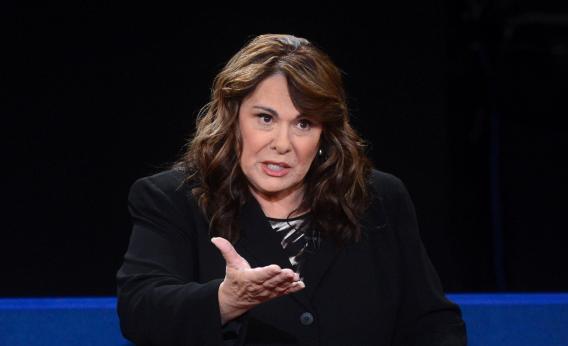When we look back on this presidential election 30 years from now, we might be darkly amused by the tenor of the debate around energy policy. Or maybe we’ll just be angry.
For the second debate in a row, Barack Obama and Mitt Romney sparred over who, if elected, could get the country burning more fossil fuels. And for the second debate in a row, they managed to avoid any mention of climate change or the environment. This in a debate that featured an almost unheard-of 12 minutes on energy policy.
It started off with an audience member asking Obama whether he agreed with his energy secretary, Steven Chu, that lowering gas prices isn’t his department’s goal. That sparked an increasingly heated exchange in which both candidates vehemently asserted their fossil-fuel bona fides, without ever mentioning that there might be a downside to reinforcing the country’s dependence on oil, gas, and coal. In fact, when Romney accused Obama of not being “Mr. Oil or Mr. Gas or Mr. Coal,” the president defended his record of opening public lands for oil drilling and fired back that Romney was no great friend of coal either. And when he criticized Romney for dismissing wind power, he neglected to offer any reason why alternative energy might be a good thing, other than creating some jobs in Iowa. Romney, for his part, allowed that he “appreciates wind jobs in Iowa,” before returning to his unwavering support for the holy trinity of oil, gas, and coal.
For all that, the candidates never actually answered the audience member’s question, even as Crowley pressed them twice to address whether it was in fact the government’s job to lower gas prices. The correct answer: It isn’t, and it shouldn’t be. The United States already has some of the cheapest gas of any developed country. And for anyone who believes that even cheaper oil is the route to economic prosperity, just look at the countries with the lowest gas prices in the world: Venezuela, Saudi Arabia, Nigeria, Iran. Cheap oil isn’t a long-term energy policy. It’s something that autocrats throw around to keep their grip on restive populations.
For what it’s worth, Crowley did say after the debate that an audience member had wanted to ask a climate change question. “Climate change, I had that question,” she said. “All you climate change people. We just, you know, again, we knew that the economy was still the main thing.”
Except that climate change and the economy are not two separate issues. The problem with climate change isn’t that we’re going to sweat a little more on sultry August afternoons. It’s that species are going extinct, cyclones and tsunamis are wiping out cities,* entire island nations are sinking, and Kansas can no longer grow corn. How’s that for an “all of the above” energy policy?
*Correction, Oct. 17, 4:32 p.m.: Andy Revkin at the New York Times’ Dot Earth blog is careful to point out that there’s little scientific support for the claim that warming is already affecting cyclones or tsunamis. While some climate models do predict more intense hurricanes, others question that conclusion, and evidence for a link to tsunamis is speculative at best (though it stands to reason that sea-level rise won’t help).
